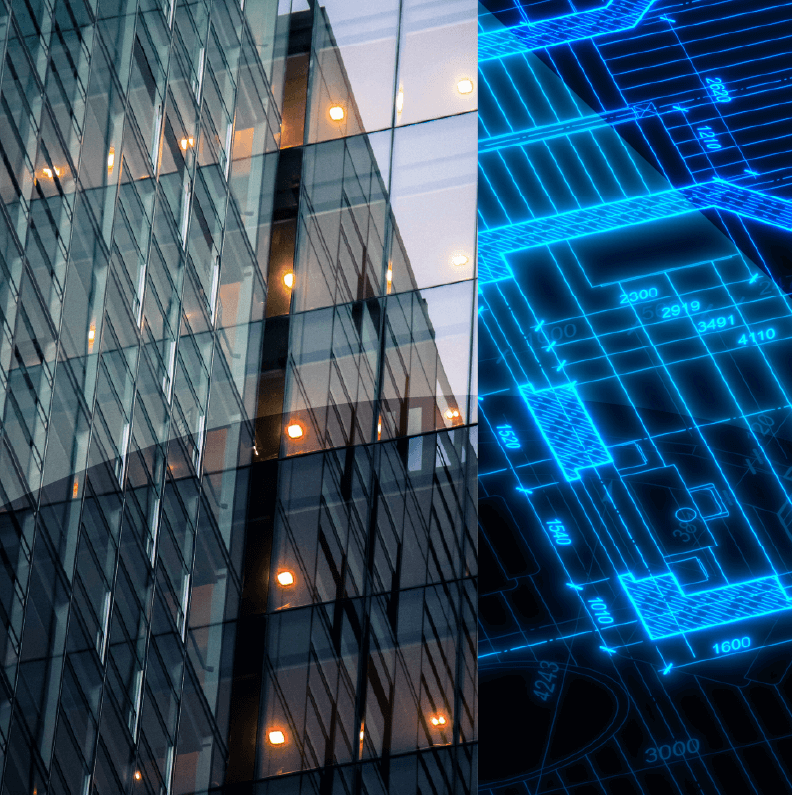Smart Innovators: Energy Management Software (2025)
02 Jun, 2025
Join Vantage to access this research
Access our entire Built Environment Energy & Decarbonization research portfolio by joining Vantage
Need help or have a question about this report? Contact us for assistance
Executive Summary
Energy management has climbed to the top of the corporate agenda in 2025, driven by energy volatility, tightening carbon regulations and rising expectations for operational performance. As buyers of energy management software (EMS) demand more than just dashboards and diagnostics, the market has responded with platforms that offer real-time optimization, automated fault resolution, carbon forecasting and support for sourcing strategies. This report benchmarks 47 EMS providers across six core functionality areas, to help real estate, energy and sustainability leaders identify solutions that align with their goals – whether around cost control, emissions compliance or futureproofed energy resilience. Buyers should use this report to guide their selection in a complex market; vendors can use it to sharpen positioning and product development.
Summary for decision-makers
Energy management software (EMS) in 2025: clarity for buyers in a crowded market
Redefining EMS: infrastructure, data quality and the path to automation
External forces are reshaping the EMS market, driven by a need for energy security
Introducing the EMS market
Evolving core EMS functionality: deeper integrations and smarter controls
Benchmarking vendors: comparative analysis of capabilities and innovations
Key takeaways for EMS buyers in 2025: aligning functionality with goals
Energy management software (EMS) in 2025: clarity for buyers in a crowded market
Redefining EMS: infrastructure, data quality and the path to automation
External forces are reshaping the EMS market, driven by a need for energy security
Introducing the EMS market
Evolving core EMS functionality: deeper integrations and smarter controls
Benchmarking vendors: comparative analysis of capabilities and innovations
Key takeaways for EMS buyers in 2025: aligning functionality with goals
Figure 1. Understanding typical EMS in 2025
Figure 2. Six core (and evolving) functionality aspects of EMS
Figure 3. EMS providers: capabilities assessment
Figure 2. Six core (and evolving) functionality aspects of EMS
Figure 3. EMS providers: capabilities assessment
75F, ABB, Accruent, Acuity, Ameresco, Bueno Systems, Cascade Energy, CDP, CIM, Clockworks Analytics, Cloudfm, CopperTree Analytics, digital blanket, Eaton, EG, Enel X, Energy Star, EnergyCAP, EnergyElephant, Ento, Eptura, Facilio, GRESB, HBMSU (Hamdan Bin Mohammed Smart University, Honeywell, IBM, Johnson Controls, KODE Labs, mCloud Technologies, Mestro, Metrikus, METRON, Mindsett, Mitsubishi Electric Iconics Digital Solutions, MRI Software, NABERS, Nantum AI, Ndustrial, Noda AI, Optergy, Panoramic Power, Planon, R8 Technologies, Schneider Electric, Sidara, Siemens, SkyFoundry, Smarkia, Spacewell, Tango, Trane Technologies, Univers, Uplight
About the Authors

Henry Yared
Analyst
Henry is an Analyst at Verdantix, specializing in digital platforms for energy management and building performance optimization. His research focuses on improving operational ...
View Profile
Claire Stephens
Research Director
Claire Stephens is a Research Director at Verdantix, leading research into technologies and services shaping the real estate and the built environment, encompassing ...
View Profile











